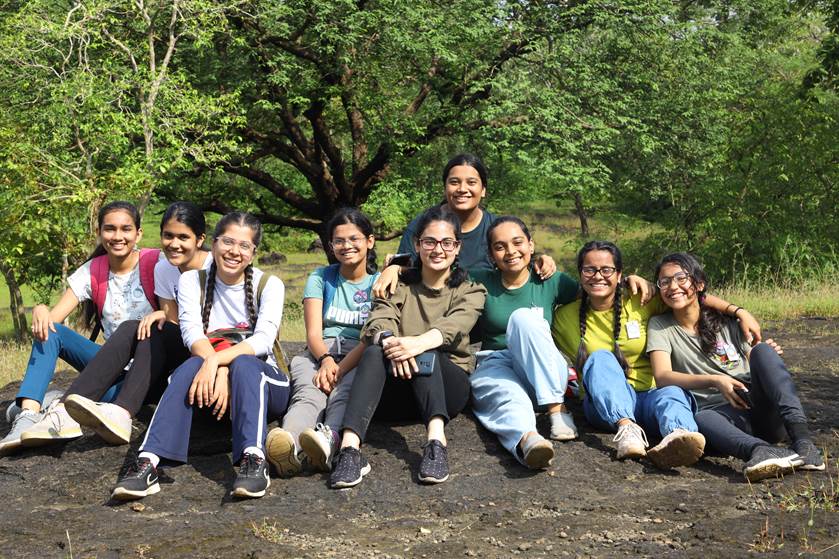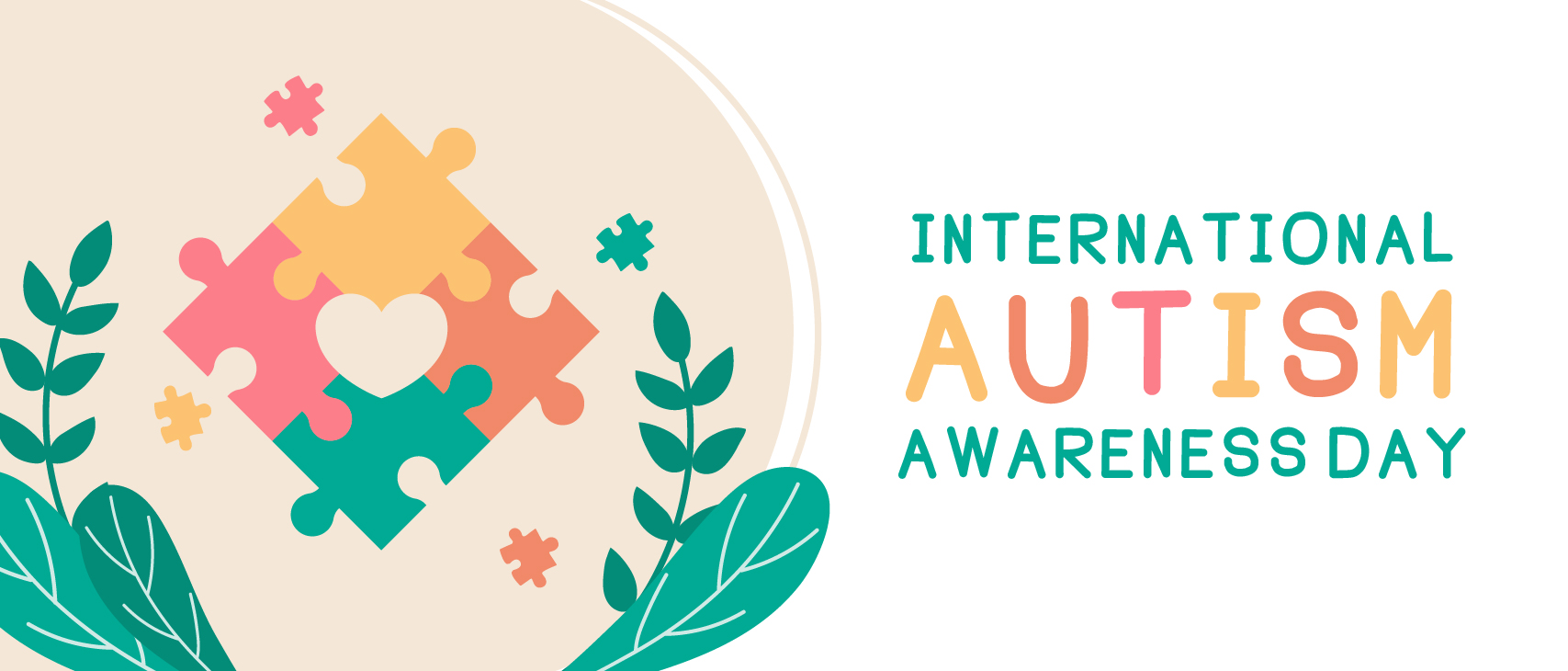While autism spectrum disorder (ASD) is no longer known as a rare disorder, it still remains misunderstood and stigmatised to a large extent in India. A lot of times it is confused with other neurodevelopmental disorders. Moreover, there is lack of adequate number of experts, enough resources and gap in data. This hinders accurate understanding of various aspects of prevalence, diagnosis and treatment of most neurodevelopmental disorders.
Fear, hesitation and shame is experienced by many families and communities, who are sometimes unable to accept individuals with autism as having differential needs and abilities. Autism is a spectrum and hence includes a wide range of ways in which it is presented, from mild to severe. Thus, the variation in diagnostic criteria can be confusing.
In the past few years, many organisations, resource centres and professional help services have established and grown. However, their accessibility and availability decreases, outside urban and metropolitan areas.
With internet availability, plenty of information and knowledge can be accessed, but this does not always translate to understanding and awareness of ASD. Language, literacy, rural location, social stigma, spiritual and religious believes around Autism, very often impact whether families seek help in India. Many families and parents may tend to delay seeking help, if they do at all or talking about it to others.
It is known that ASD can be detected and identified as early as 2 years of age. When provided with skills development, clinical treatment and support from an early age, it can positively impact the child’s development trajectory and mitigate the severity of symptoms. Additionally, most early intervention programs can also provide necessary support, guidance and resources for parents. Therefore, with awareness on autism, a call and recognition for early action is encouraged, that will only improve life prospects of significant number of individuals.
Observing the International Autism Awareness day, this 2nd April, let’s try to remember why continuing to create awareness is important, not just on one day, but moving forward.
It can mean that. However, many people who engage in self-harm, do so as a survival mechanism, to try and deal with difficult emotions and circumstances. Often described as a way to cope with the pain, so that they can go on. People who self-harm can be at-risk for feeling suicidal. Hence, it’s important to pay attention and take it seriously.


